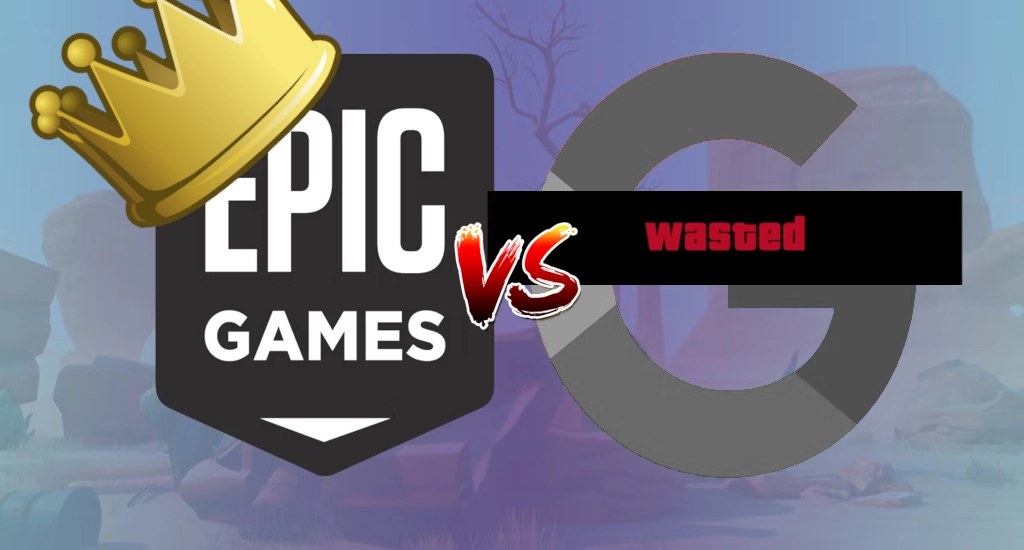Three years after initiating legal action against Apple and Google, the creators of Fortnite and, more importantly, the Epic Store, Epic Games secured a significant victory in the legal battle against Google. The lawsuit, known as Epic v. Google, alleged that both tech giants were running illegal monopolies within their respective app stores. The jury’s verdict specifically targeted Google, declaring that the company had turned its Google Play app store and Google Play Billing service into an illegal monopoly.
The jury’s unanimous decision, reached after a brief deliberation, encompassed several key findings. They affirmed that Google wielded monopoly power in both the Android app distribution markets and in-app billing services markets. Additionally, they determined that Google engaged in anticompetitive activities within these markets and that Epic suffered injury as a result. The jury identified an illicit tie between Google’s Google Play app store and its Google Play Billing payment services. Moreover, they labeled Google’s distribution agreement, Project Hug deals with game developers, and dealings with OEMs as anticompetitive practices.
Despite this legal setback, Google’s Vice President of Affairs and Public Policy, Wilson White, expressed the company’s intention to appeal the verdict. White stated, “The trial made clear that we compete fiercely with Apple and its App Store, as well as app stores on Android devices and gaming consoles.”
In stark contrast, Epic Games celebrated the jury’s decision, framing it as a victory for the global community of app developers and consumers. In a blog post, Epic asserted, “Today’s verdict is a win for all app developers and consumers around the world. It proves that Google’s app store practices are illegal and they abuse their monopoly to extract exorbitant fees, stifle competition, and reduce innovation.”
This legal triumph holds historical significance, especially considering Epic’s previous legal battles, notably the loss against Apple two years prior. In that case, the judge ruled that the dispute was unrelated to apps. In the Epic v. Google case, the focus shifted to undisclosed revenue-sharing deals between Google, smartphone manufacturers, and major game developers. These deals, believed by Google executives to suppress rival app stores, took center stage in the courtroom. Importantly, the case diverged from the Apple ruling by being decided by a jury.
The tangible ramifications of Epic’s victory now rest in the hands of Judge James Donato, who will decide the appropriate remedies in the coming weeks. Epic seeks non-monetary remedies, advocating for the court to affirm every app developer’s freedom to introduce their own app stores and billing systems on Android. A meeting between both parties and Judge Donato is scheduled for the second week of January to discuss potential remedies.
Despite not pursuing monetary damages, Epic Games CEO Tim Sweeney hinted at the substantial financial gains the company could secure if relieved from paying Google’s fees. Sweeney suggested figures ranging from hundreds of millions to potentially billions of dollars, underlining the economic significance of the legal outcome.
Check the full document below:
Source: TheVerge

